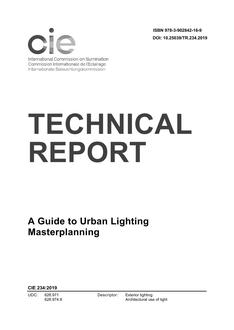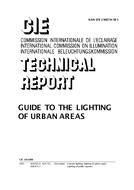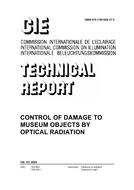Cultural factors in Libya (and other Muslim countries) require female privacy to be maintained. Outside the home, females must wear clothing that reveals only the face and hands. When inside the home and located near windows, a similar degree of clothing cover, or, window screening, is required. This reduces exposure to natural daylight, with resultant reduction in health benefits of daylight. We are therefore investigating the degree to which window privacy devices offer sufficient privacy to permit relaxed clothing in the home, and whether this leads to an increased daylight exposure. Two window coverings were tested, horizontal blinds and frosted glass, varying the free area and degree of frosting respectively. The degree of privacy offered was operationalised by identification of the clothing level worn by a target behind the window screen, the aim being to reduce this to a chance level. For horizontal blinds, the free area must be reduced to 3% to maintain sufficient privacy, which is unlikely to permit sufficient daylight to offset the wearing of relaxed clothing. While a high degree of frosting is required for a similar level of privacy, this may permit more daylight.
Product Details
- Published:
- 09/29/2021
- Number of Pages:
- 6
- File Size:
- 1 file , 1 MB
- Note:
- This product is unavailable in Belarus, Russia, Ukraine


